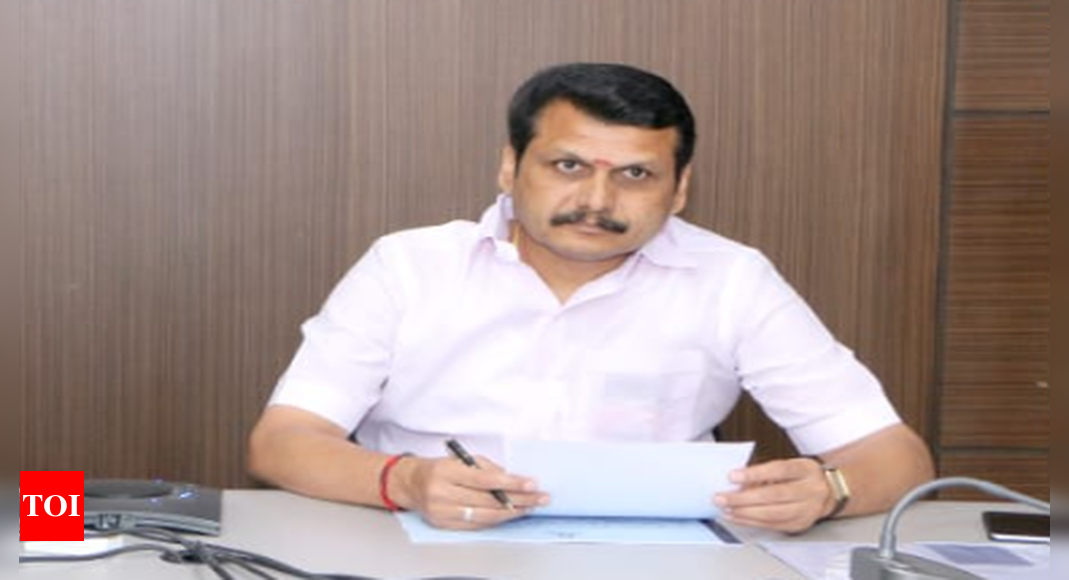Lawyers from different political persuasions have expressed bewilderment at the unprecedented and unilateral decision of Tamil Nadu Governor R N Ravi to dismiss DMK Minister Senthil Balaji. The minister was recently arrested on charges related to the Prevention of Money Laundering Act (PMLA) by the Enforcement Directorate. The lawyers have called the governor’s action unconstitutional and high-handed, arguing that the governor cannot act on administrative matters without the aid and advice of the council of ministers headed by the chief minister, according to the Supreme Court’s rulings. Legal experts point out that the governor’s decision goes against the principles established by the court in cases like S R Bommai (1994) and Shivraj Singh Chouhan (2020) which clearly state that the governor cannot act unilaterally on administrative matters. Senior advocate Mukul Rohatgi, former attorney general during the NDA government, emphasized that the governor exceeded his jurisdiction by dismissing a member of the council of ministers without the aid and advice of the chief minister-led council. Another senior lawyer, speaking on the condition of anonymity, acknowledged that the governor’s action appeared high-handed and would not have stood scrutiny in the Supreme Court. Former Supreme Court Bar Association president Vikas Singh and senior advocate Nidhesh Gupta also expressed unanimity in stating that the governor’s action was unconstitutional. Singh stressed that the governor is obligated to act on the aid and advice of the council of ministers, and while it may be expected for a chargesheeted minister to resign, it is not mandatory, and the governor does not have the power to dismiss a minister. Gupta added that the governor cannot act contrary or independent of the council of ministers and that such an exercise of power has serious implications not only in Tamil Nadu but also on the federal structure envisaged under the Constitution. The Supreme Court’s judgment in a Gujarat case in 2013 highlighted the danger to democracy from unilateral actions of the governor and emphasized the governor’s role in acting upon the aid and advice of the council of ministers. It is noted that the governor enjoys complete immunity under Article 361(1) of the Constitution and his/her acts cannot be challenged, as the governor acts only upon the aid and advice of the council of ministers. Any action taken by the governor without the aid and advice of the council of ministers would undermine democracy and be antithetical to the concept of democracy. Legal experts believe that the governor’s decision to dismiss the DMK minister is illegal and would likely fail scrutiny in the Supreme Court.
Governor’s Unilateral Decision to Sack DMK Minister in Tamil Nadu Deemed Unconstitutional











